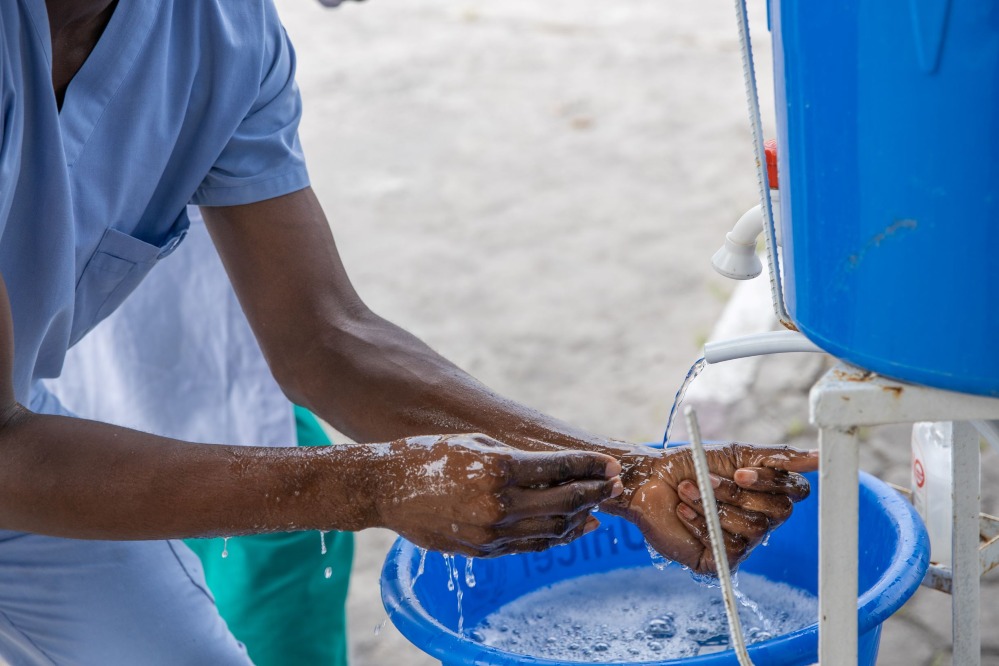Brazzaville – Since the first reported case of COVID-19 in Africa in mid-February, African countries have made significant strides in combatting the virus, bolstering key response measures, the World Health Organization (WHO) says.
In a press release on Thursday, the WHO said the strides include diagnosis, prevention, treatment, workforce training as well as supply of critical medical supplies and equipment.
In February, only two laboratories in the World Health Organization (WHO) African region could diagnose a COVID-19 case. Currently 750 laboratories across the region can test for the virus. The increased diagnostic capacity has seen more than 10 million tests carried out over the past eight months. Crucially, testing has been decentralized in many countries.
However, to boost case detection – based on studies related to excess morbidity of influenza-like illnesses due to COVID-19 – WHO has set a threshold of 10 tests per 10 000 people per week. Over the past month, 12 countries surpassed the mark.
COVID-19 exposed gaps in clinical care for patients in the early stages of the pandemic. A WHO assessment of countries in the African Region found that there were 0.26 functional mechanical ventilators per 100 000 people – almost 30 times lower than in some Western European countries. By August, the number of ventilators had increased to 0.96 per 100 000 people. In April, there were about 13 000 beds for COVID-19 patients and by August these had increased to over 43 000.
Raising awareness of communities about COVID-19 remains a key pillar in promoting safety and preventing the spread of the virus. WHO and partners have mobilized more than 345 000 community health workers in the region, while local leaders and influencers are also being trained in 45 countries.
With the global supply chain strained by increased competition and logistical hurdles during the lockdown period, African countries have been able to procure items through the United Nations portal which has seen over 48 million items of personal protective equipment shipped to countries and 27 million more are in the pipeline.
In June, assessments WHO conducted of more than 1200 health facilities found that many health care workers were lacking skills in infection prevention and control, and how to keep themselves and their patients safe from the virus. WHO worked with many partners to provide training in infection prevention and control to more than 150 000 health workers.
Even as countries have made progress in tackling the pandemic, key areas of the response such as testing, treatment, health worker capacity in providing critical care, as well as infection prevention can still be strengthened.
Over the past three months, Africa has recorded a decline in new COVID-19 cases. However, countries need to remain vigilant, maintaining crucial public health measures to avert a potential explosion of cases.

